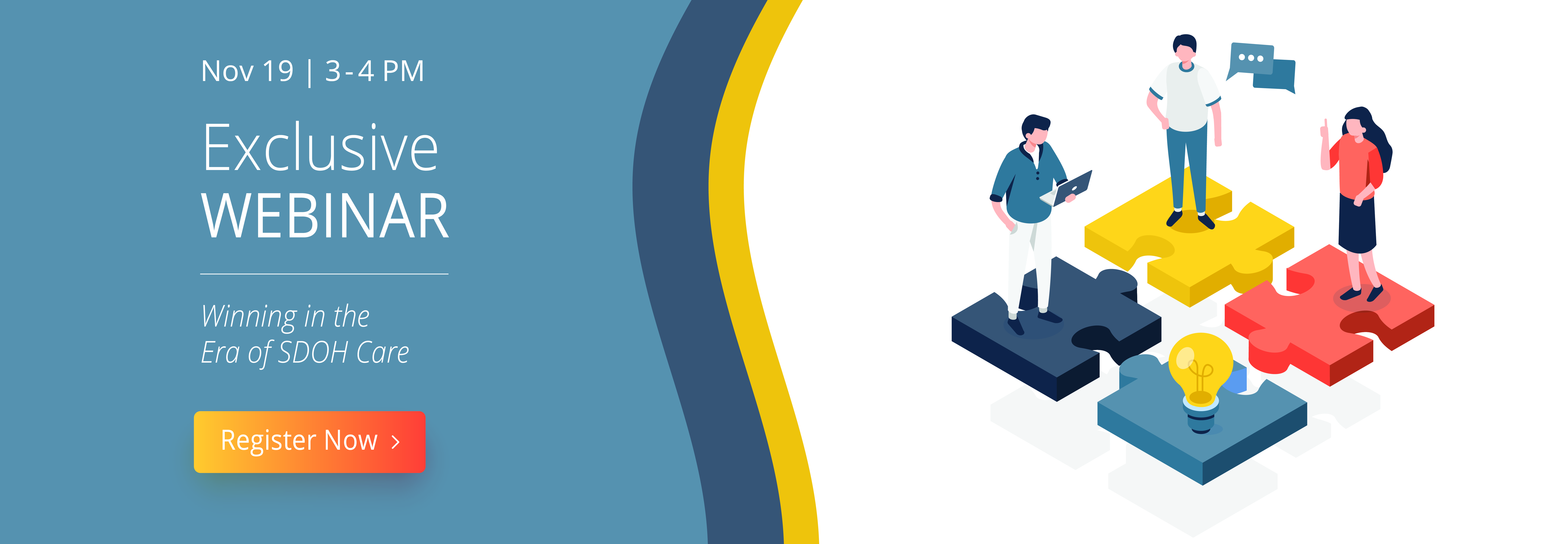Social determinants of health affect everyone, but properly addressing them requires participation from the patient. Since it’s not traditional to ask a patient about their social, economic, and physical environment, it can be hard to get people to open up about such things and get the answers needed to determine health in this area. According to a survey by Siren, 83% of primary care and 75% of emergency department respondents thought screening was very or somewhat appropriate, and 66% of primary care and 62% of emergency department respondents were very or somewhat comfortable with screening information being in their electronic health record.
Programs that have been created to assist with housing, food, and transportation for complex patients have shown to reduce costs in hospitals. However, it’s essential to consider the patients’ perspective on SDOH and what types of experiences they value. It will change based on the community and the person, but that’s why SDOH is so unique and essential to proper care.
In an initiative that funded screening in eight pediatric clinics, parents were initially surprised at the non-medical questions, but would eventually understand and comply. So, people are generally comfortable with SDOH information being collected and stored in their EHR, but efforts to engage patients on these issues can often fall short. The reasons for this can range from failing to ask the right questions in the right way, to not recording them accurately. And, while there is a greater understanding of the importance of SDOH with care providers, consumers generally don’t have adequate knowledge of what SDOH is and why it plays a role in healthcare. So, health care providers must articulate the right questions in the right way with a sufficient explanation of the inquiry.
Technology can play a significant role in adequately storing SDOH data so that information is analyzed and appropriately utilized. So, what SDOH experiences are consumers interested in, and how can they facilitate an effortless screening? In the Siren study, patients answered SDOH-related questions. The results showed that patients generally appreciate these SDOH questions and are willing to answer them, especially if they trust that the provider cares and is willing to take action to arrange help if necessary.
“I think it’s important for it to be in the chart because our medical providers then can consider the entire person and not just the symptoms that are coming in...” *
More negative responses revolved around the distaste for information about an individual's personal life being written down and the possibility of that information being spread to the wrong people. The more SDOH is projected as what it is: essential healthcare data, then consumers will begin to understand and cooperate with these efforts.
There's much room for improvement in the SDOH care space, but since many organizations are on board to take action to address SDOH, this collective action can support success. Register for our webinar to learn what it takes to win in the era of SDOH care!

*Siren study